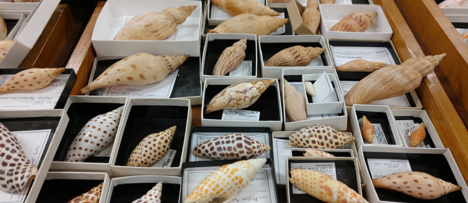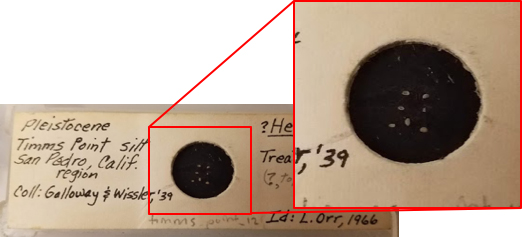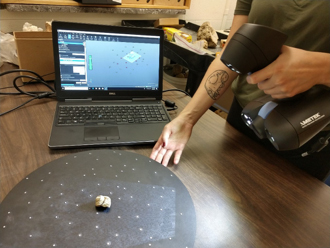By Jess Miller-Camp, Paleontology Collections Manager, Indiana University
The Indiana Geological & Water Survey (IGWS) and Indiana University Paleontology Collection (IUPC) held an all-day workshop on March 9th in Bloomington, Indiana on digital paleontology for educators and avocational paleontologists. The workshop was free to all attendees, having been fully funded as part of IUPC’s Paleoniches project, an NSF grant focused on digitizing the Ordovician holdings of the IUPC.

Many museum-made outreach activities are unfortunately not easily integrated into K–12 classrooms since access to physical specimens is limited and teachers have to follow such tight curricula. A survey participants took during registration reflected a similar problem, with lack of access to paleontological resources being the main barrier to their use in classrooms. The purpose of this workshop was to help teachers learn how to access paleontological resources from their computers and be able to use them in their classrooms.
The day was a mix of presentations, hand-on activities, and a tour of the IUPC provided by established professionals and graduate students in paleontology, education, and information science. The presentations provided a background for understanding natural history museums and how fossils are turned into digital data. This includes scanning technologies that are used to create digital 3D models and physical 3D prints, as well as the creation of high-quality digital databases and 2D images of specimens.
The hands-on activities included telling stories with specimens; understanding and interpreting information on museum labels; learning about and running through the uses of 3D prints of fossils, online label transcription and other community science activities, and online educational resources for paleontology; discussing how fossils fit into state educational standards; and breaking into groups to create lesson plans incorporating the day’s activities that will then be shared by everyone.
The workshop wrapped up with a group discussion on how to continue conversations between teachers and avocational paleontologists and professional paleontologists and museum workers. A detailed follow-up report documenting the results of the workshop and feedback gathered before and after will be presented in a forthcoming iDigBio newsletter.
Workshop facilitators:
Gary Motz
Assistant Director for Information Services
Indiana Geological & Water Survey
Affiliate of the Center for Biological Research Collections
Polly Sturgeon
Outreach Coordinator
Indiana Geological & Water Survey
Jess Miller-Camp
Paleontology Collections Manager
Dept. of Earth and Atmospheric Sciences
Digital Projects Coordinator
Center for Biological Research
Alex Zimmermann
Ph.D. candidate
Dept. of Earth & Atmospheric Sciences
Kimberly Cook
M.L.S. student
Dept. of Library and Information Science
Emily Thorpe
M.S student
Dept. of Earth & Atmospheric Sciences


